Music
The music curriculum continues to unfold in an age appropriate manner. The students’ physical development allows them to take on an orchestral instrument.
Fourth grade students choose an orchestral instrument for concentrated study. Weekly lessons are given at school, and daily practice on the instrument is expected. Students who have already started studying an instrument may join the fourth and fifth grade orchestra. In addition, students receive choral and recorder music books and are expected to read music. Fourth graders are eligible to join the Junior Chorus, a volunteer choral group that rehearses once a week and gives concerts.
Fifth grade students continue with their chosen instruments, and now move on to private lessons. They play in the fourth and fifth grade orchestra, where they learn to listen to several instruments at once and to follow a conductor. Many students now choose to play alto or tenor recorder in their daily classroom ensemble work. The choral work in class becomes challenging, and includes singing in 2-3 parts. Students are still eligible for Junior Chorus.
Sixth grade students continue individual lessons and join either the orchestra or the band, both of which offer challenging repertoires and give concerts during the year. Vocal work continues as well, often in 2-3 parts. Discipline, focus, and diligence are expected in singing and in three-part recorder music. Sixth grade students are still eligible for Junior Chorus.
Drama
The annual class play, a tradition begun in first grade, grows in scope in grades four, five, and six. Themes are usually of a mythological nature as the archetypes therein are well suited for pedagogical theater.
Sixth graders are invited to join seventh and eighth graders in the extracurricular Drama Club.


